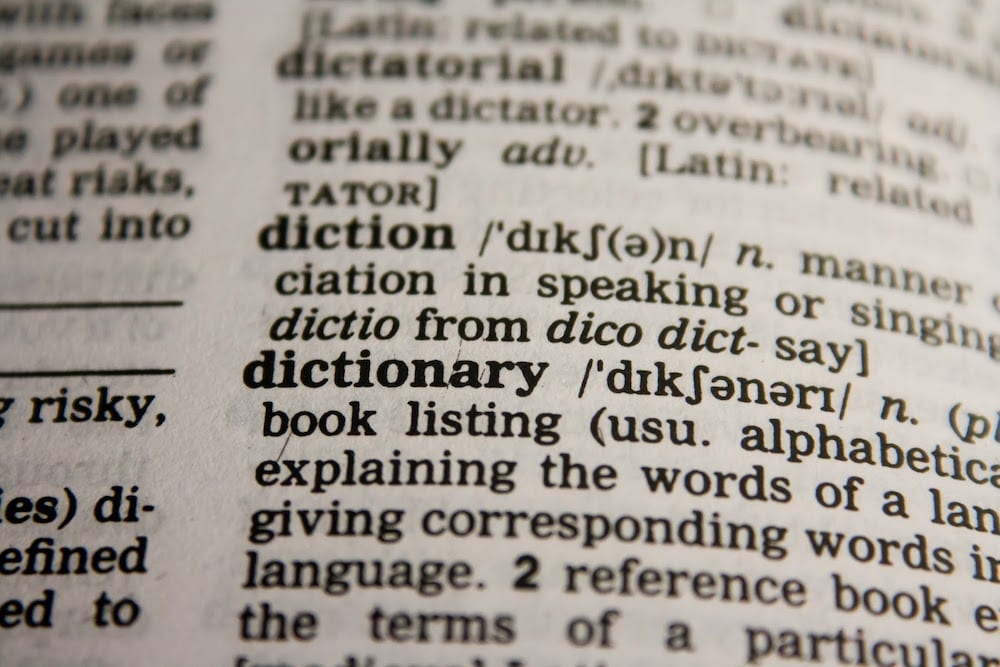Data makes the business world go ‘round, and managing that data takes dedicated frontend and backend systems. Relational database management systems such as MySQL and SQL Server ensure that developers can access and update data efficiently and without issue. To get the most out of your management system, it’s essential to compare MySQL vs SQL Server and get information that can help you choose the right one for your business. The two database systems both have the same basic goal, but they go about their work in different ways.
A well-managed database makes your developers smile and keeps your business operating in the black. We help you pick the right one for your needs. Our guide shows you the ups and downs and ins and outs of these two powerful database managers and provides details about how each one functions. You’ll learn about how each system deals with security, filtering, platforms, and programming languages to give you a better notion of how these two industry leaders get the job done. Your data is your company’s lifeblood, and this article helps you keep it healthy and happy.
Security

When you work with data, security is of paramount importance. Data is a precious commodity, and there are folks out there that reallllllllly want to get their hands on it. To foil these baddies, your database management software has to be ready to lock your company’s information up tight and prevent unauthorized or accidental access. At the same time, the security has to be easy enough to manage so that your full-stack developers can do their work without having to jump through cumbersome and unnecessary hoops.
Both MySQL and SQL Server have security on the brain, and you’ll get robust protection when you use either one. However, MySQL permits database file manipulation via binaries during process runtime, while SQL Server requires users to run instances to access files or perform functions. That makes SQL Server less vulnerable to direct-access hacking attempts and a more attractive choice for security-minded developers.
Let’s Talk Filtering

Data filtering is an essential element of software development and ensures rapid and accurate operations. Software engineers and other developers who use database software need filtering methods that allow them to do their work at maximum efficiency. Poorly-designed filtering, by contrast, can slow down and frustrate the folks who work with the database. MySQL and SQL Server both use a variety of methods to filter data and try to make the function as straightforward and simple as possible.
MySQL lets you filter rows, users, and tables. However, you can’t do a mass filter action with MySQL—you need to run multiple queries as you work and filter the tables on an individual basis.
SQL Server allows for row-based filtering and stores the filtered info in a separate database. That makes a huge difference to the developer. With SQL Server, you can filter a bunch of rows without worrying about how many databases you’re touching.
Platform Compatibility

We live in a varied and complex tech world. There are companies out there that use every operating system under the sun. If you use Linux, there’s no guarantee that software that works on Macs will work on your platform. The last thing you want is to make a big purchase and discover that it won’t run on all of your systems, and that includes database management software. You’ll spend lots of money managing your database over time, and you need to ensure that every purchase provides top functionality for all team members.
Both SQL Server and MySQL work on Windows, Mac OS X, and Linux, but SQL Server does best on Windows. SQL Server is a Microsoft product, and it originally only worked with Windows. Recent editions do fine on Linux and Mac, but you get some limited functionality on those platforms and won’t have all of the bells and whistles that Windows users enjoy. On the other hand, MySQL has no such issues and runs optimally on all three systems (and some less-common ones) without issue.
Language Support

Your developers will have a few preferred programming languages, and your database needs to be able to handle those languages without choking. Nothing frustrates a programmer more than having tools that don’t understand the instructions they receive. If you want successful data management, it’s best to start with language support. How do MySQL and SQL Server stack up? Do they speak in multiple tongues?
Both platforms have robust language ability and will be content working with PHP, Ruby, C++, Java, Delphi, R, Go, and Visual Basic. However, MySQL has a few more tricks up its sleeve in the language department than SQL Server, and can handle additional languages; supported programming languages include Scheme, Eiffel, Perl, Haskel, and TCL. This makes MySQL a more appealing choice for development shops that employ a wide spread of languages.
So there you go, you database demons. MySQL and SQL Server are both attractive and powerful methods of managing databases, but the two systems have different abilities and features. Our article details the similarities and differences of SQL Server and MySQL and gives you facts you need to pick the right option for your business.
About us: Career Karma is a platform designed to help job seekers find, research, and connect with job training programs to advance their careers. Learn about the CK publication.



